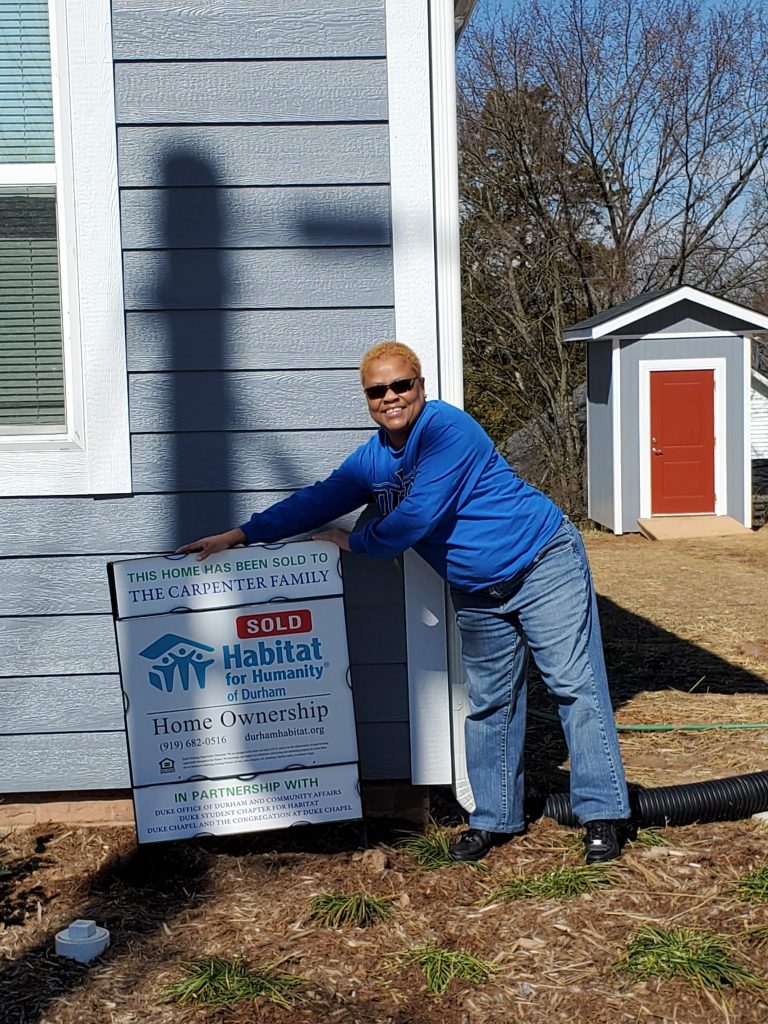Access to staying-in-place, homeownership, and financial tools are essential to the well-being of Durham residents and Duke employees. Access to a safe dwelling not only supports our health and puts us on a path to success in other areas of our lives but it is also an opportunity to support generational wealth. DCA’s Housing Affordability team is committed to listening to the guidance of our housing and neighborhood partners through conversations and strategy groups that encourage us to be a collective of creative organizations that support multifaceted solutions.
The Affordable Housing Strategy Task Force was the first housing collective to launch its work in March of 2020. Using the ToP Model, organizations worked collectively to build consensus and action around the key question, “What key housing efforts should we focus on collectively for the next 3-5 years to increase availability of and access to affordable housing?” Affordable Housing Strategy Task Force: Mapping Collaborative Work explains this process in depth.
This work illuminated two key reflections from organization representatives. First, representatives identified a need for a consistent space in which housing partners can gather to share, reflect collectively and build relationships across groups that otherwise do not engage with one another regularly. Several partners expressed the value and continued desire to cross pollinate sectors for the benefit of continued connection and collaboration. Second, partners expressed varying levels of capacity to engage meaningfully as the Task Force evolved into innovative planning and long-term work associated with Duke’s focus on collective action implementation.
In response to these key reflections, the Affordable Housing Strategy Task Force will advance its work under a new name, the Affordable Housing Network. It is open to representatives from all groups working in the housing arena and meets quarterly. The network primarily offers a space for knowledge sharing, focused discussion on hot topic issues and continued relationship building across silos. Every two to three years this network will engage in a visioning process that will direct the key priority areas for collective impact projects. These projects will advance through a new Affordable Housing Council that launches in January 2023 and is a smaller, term-based group that focuses on leveraging collective expertise and assets to increase inventory and/or access to affordable housing. The Affordable Housing Council provides updates to the Affordable Housing Network and is strongly encouraged to have organization representation at network meetings to stay attuned to the evolving housing landscape in the surrounding area.


Resources







